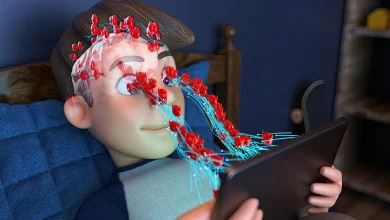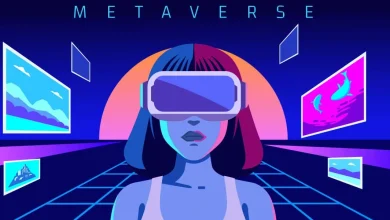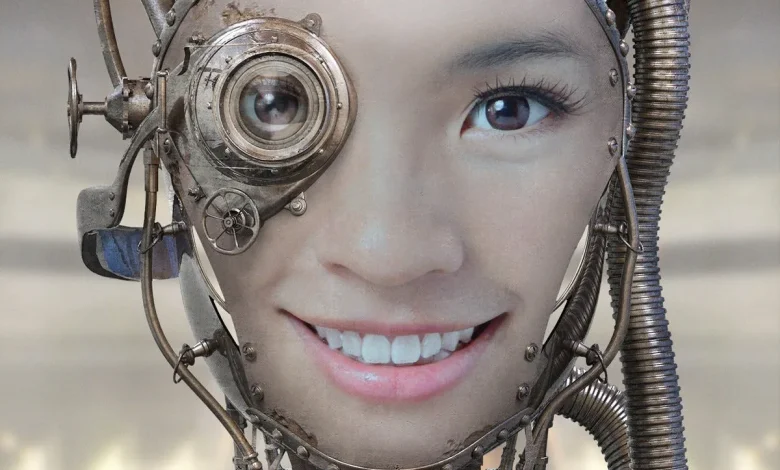
Will Humans One Day Merge With Machines?
As AI advances, could humans one day merge with machines? Explore how this idea is evolving from theory to possible future reality.
Although merging with machines sounds completely futuristic, it is becoming a real subject for lots of researchers and thinkers. Because of improvements in AI, Brain-Computer Interfaces, and biotechnology, the idea of merging our minds with machines is getting closer to happening.
Some specialists say that not only is a human-machine merger possible, but also that it may happen regardless. The more AI various digital systems become a part of our everyday lives, the more likely we are to merge with machines.
What Does It Mean to Merge With Machines?
When we speak of merging with machines, we are not only using them, but also integrating our biology and technology. Brain-computer interfaces (BCIs), being developed by businesses including Neuralink, are one example of this trend. Such devices are made to let humans and computers communicate directly, so users can exchange information in real time and have better memory or control over other devices.
If BCIs become more advanced, philosophers and technologists think we could slowly become something different than simple users of technology. If artificial intelligence systems can read, understand, and enhance our thoughts, it will start to be hard to tell where humans end and machines begin.
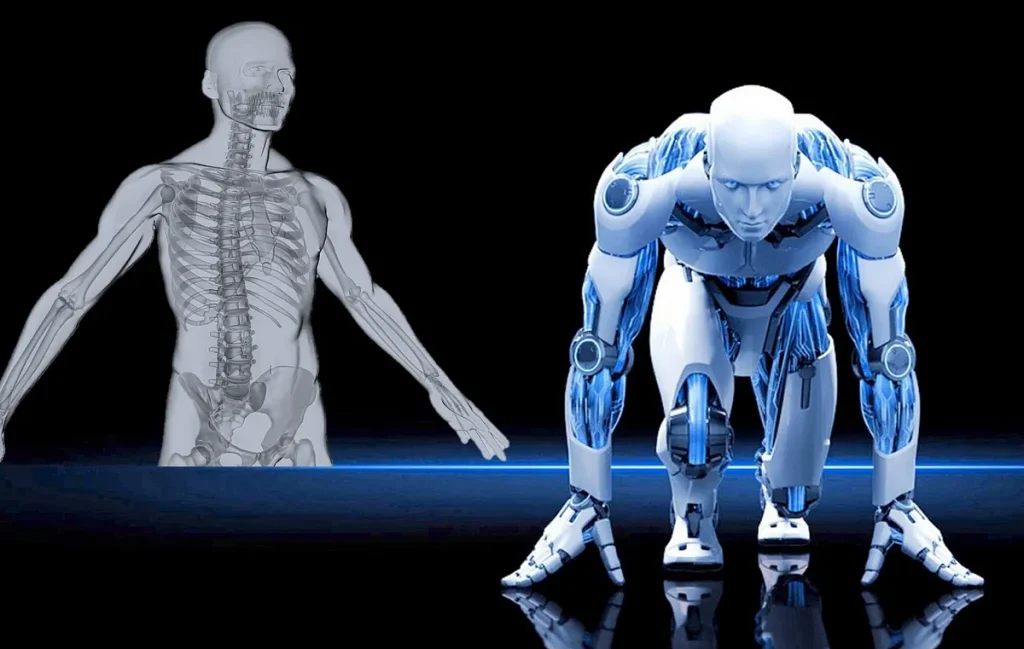
Are We Already on the Path?
People say we are already starting to combine with machines in our everyday life. Smartphones, smartwatches, and voice assistants help us with tasks our brains would take care of. We use them to keep track of things, talk with people, find places, and learn new information. These tools, even though not in our bodies, still function as our cognitive partners.
But the future possibility goes further, as it might include our consciousness being linked to software. Proponents of this idea, related to the singularity concept, see a future in which telling the difference between human and machine intelligence no longer makes sense.
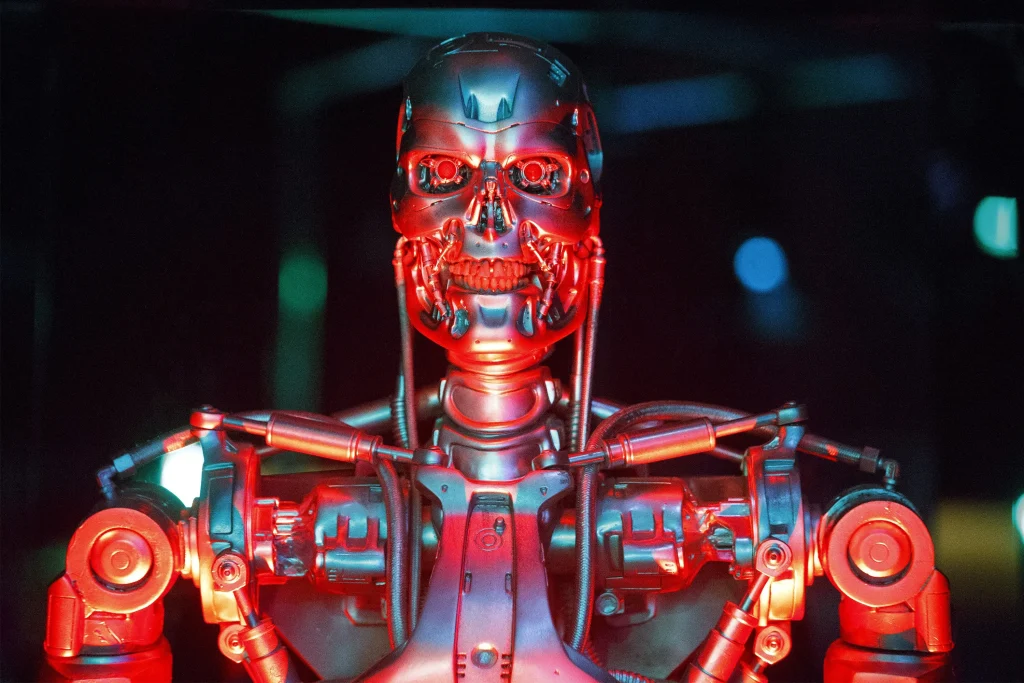
Ethical and Existential Concerns
The plan to merge with machines may sound great, but there are important ethical issues to deal with as we go forward. Who controls the technology? How will we make sure privacy, identity, and autonomy are not lost? If we can change or control human thinking, it will get much harder to know who is deciding and what they agree to.
OpenAI’s head of research, Ilya Sutskever, worries about superintelligent machines and the need for people to stay at the same level as them. He feels that to remain strong and successful alongside AI, we probably need to merge with technology, improving our minds as a result.
It may not feel like merging with technology is possible now, but important groundwork is being done. Improvements in neurotechnology, wearable gadgets, and AI are getting us closer to closer integration with machines. No matter how fast or slow this change happens, what we think of as being human is sure to be different. We’re starting to ask not just ‘can’ we merge with machines’ but ‘what comes after?’ Because science is matchning imagination, it’s time to take that future seriously.

